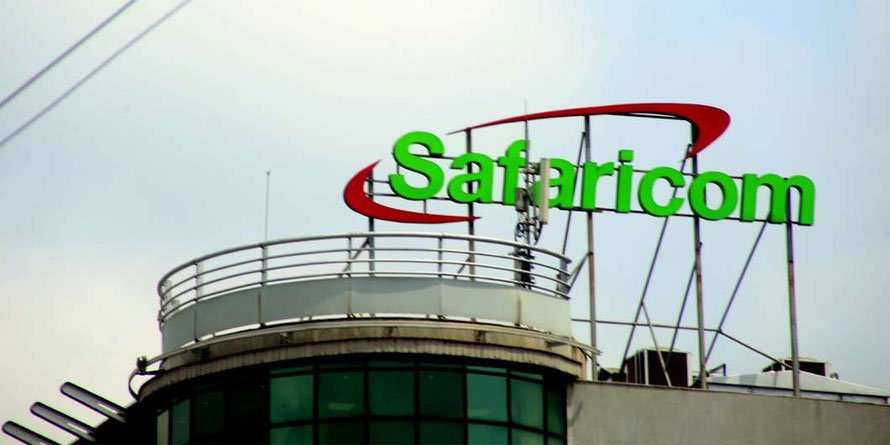Safaricom will receive Sh1.5 billion from the State as instalment payment for a security and surveillance system it built for the National Police Service.
Budget documents for the new year starting July, which were tabled in Parliament on Friday, disclosed the payment for the service that has seen the State face threats of disconnection over default.
Under the terms of the security contract, Safaricom in 2014 started installing the Sh14.9 billion communication and surveillance system that is linked to police stations to help combat crime in Nairobi and Mombasa.
Safaricom was to be reimbursed quarterly over five years until the bill is cleared, but the State has fallen behind schedule on payments.
The company had completed construction of the system by March 2016.
Last year, the National Assembly’s Budget and Appropriations Committee (BAC) said Safaricom had signalled it would disable the surveillance system over the unpaid bill, an outcome that could have derailed police pursuit of criminals through CCTV cameras mounted in Nairobi.
The Sh1.5 billion will be paid in the financial year starting July and is under the National Communication and Surveillance System that is in use in Nairobi and Mombasa.
Parliamentary documents and Safaricom reports show that the government paid the operator Sh9.27 billion in 2016, Sh881 million in the three years to end of June 2019 and Sh1.78 billion last year, leaving a balance of slightly above Sh3.2 billion.
“In connection with the National Police Service contract, bills have been raised for both construction and maintenance service as per the contract terms,” Safaricom said in its report for the year to March 2020.
“An amount of Sh1.78 billion was received during the year and the outstanding balance at year end was Sh646.8 million.”
The Interior ministry had in 2014 awarded Safaricom the tender to construct the communication and surveillance system as a smart tool to battle crime in the wake of numerous terrorist attacks.The project involved connecting 195 police stations in Nairobi and Mombasa to a high-speed fourth-generation (4G) network to ease communication.Safaricom was also mandated to supply the police with radio communication devices (GSM walkie-talkies fitted with SIM cards and cameras) that can take pictures at crime scenes and send real-time data to the command centre for analysis.The first phase of the surveillance system went live in May 2015 and Safaricom said it had trained more than 10,000 police officers on how to operate and maintain the system.The contract also involved installation of tamper-proof, high […]
